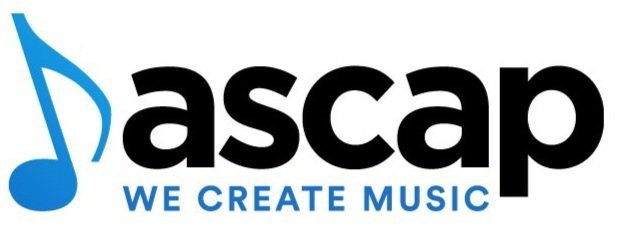
Performance Rights Organizations (PRO)
Royalties’ Collection for Songwriters & Publishers
PRO OVERVIEW:
Performance Rights Organizations (PROs) serve to protect the interests of Writers (Songwriters & Composers) and Music Publishers (the Entity that owns the Recording). The PRO is responsible for collecting income on behalf of Writers and Music Publishers when a song is publicly broadcast*. PROs collect fees from these establishments which they then make payments to their registered songwriters and/or their publisher. PROs do not collect digital audio mechanical royalties.
In addition to General Performance Rights Royalties, you can choose to have your PRO collect:
Music Works written for TV & Film by registering the work via Cue Sheets
Live Stage & Concert Performances with the registration of Set Lists and Associated Performance Dates
*Public broadcast or performances can include and are not limited to: AM/FM radio (traditional radio) stations, broadcast television, interactive cable and satellite providers, hotels, restaurants, nightclubs, sports arenas, theme parks, airlines, jukeboxes, retail stores, and digital media music users such as internet websites and ring-back tone providers.
ROYALTIES COLLECTED:
PRO services have one goal: Supporting Writers (Songwriters & Composers) and Music Publishers by taking care of an important aspect of their careers – getting paid earned royalties. It is imperative that all musical works/songs be registered as soon as they are produced to avoid any loss of potential royalties, as for musical works with a delayed registration, the PRO maintains the right to forgo retroactive payments based on their policy and/or what they deem as a reasonable amount of time.
The royalties collected are split evenly between the Writer and the Music Publisher. An exception can be when a Songwriter and/or Composer has assigned a publisher ALL or PART of their proportionate rights in the Publisher’s shares. In that case, the royalty will be provided in whole to the Publisher. Depending on the PRO, the split can be 50%/50% of the TOTAL royalty or 100%/100% (100% of the writer royalty & 100% of the publisher royalty). Please review your PRO’s policies regarding the appropriate % split to use. Allocation of royalties can be split further by the amount of contribution per IPI registered per song.
For Example:
The songwriter and composer can split any amount of total royalty to equal 50%. IE:25% for the lyrics, 25% for the melody.
Co-Publishers can split their portion of the total royalty to equal 50% based on the agreement: 25%/25%, 20%/30%, 10%/40%, etc…
PRO Q&A
As a Writer, who should register the song, me or my Publisher? A registration received from either the songwriter, composer, or publisher of musical work will credit all participants. In other words, if the publisher submits a registration, the writer does not have to submit one, and vice-versa. However, it is recommended that each co-publishing rights owner of musical work submit their own song registration in order to ensure that the work is entered into the publisher’s correct account.
Is there a way to search if a song is already registered? Yes, your PRO will have a search function. Songview [www.songview.com] was developed by ASCAP and BMI, the nation’s two largest Performance Rights Organizations, to provide music users with the first comprehensive, reliable, and consistent data on songwriters, composers, music publishers, and copyright ownership shares for the vast majority of songs licensed in the United States.
What if there is a conflict in registration between the Writer and Publisher? PRO services require registration of a musical work/song in order to assure that the work is entered into the publisher’s correct account. The PRO will enter the work into its database based on the first entry received for the shares and participants indicated on the first registration. If a later registration is received for the same work, and it conflicts with the earlier registration, the party submitting the later registration will be notified and requested to provide documentation or written confirmation from all affected participants regarding the conflict of registration before changing any records.
How do I register a song created for a TV show or movie? Your song must be registered as a musical work with your PRO provider, whether an existing track or exclusively created for TV, Movie, Commercials & Infomercials if it has a life outside of the production (IE: popular work plaid on the radio). The Production Company is responsible to submit the Cue Sheets. This is the primary means by which performing rights organizations track the use of music in films and TV. Without cue sheets, it is nearly impossible for Songwriters, Composers, and Publishers to be compensated for their work. If a Writer does not see a Cue Sheet, they should contact the production company.
How do I register a song exclusively created for a Commercial Jingle? You will need to register your jingle with your PRO affiliate that manages this portion of the royalty. However, they will only cover a collection for the music contained in commercials for compositions that air greater than five seconds, and air in nationally broadcasted networks, cable networks, and local television on a limited basis. Most PRO affiliate providers will not collect royalties for locally inserted commercials.
How do I get compensated for public/live/stage performances? Songwriters who perform their own music may register their stage performance by submitting a Set List that includes all originals and covers performed. The setlist must include at least one original from the songwriter. Once completed, the Set List must be assigned to a performance. You will be required to submit the date, time, length, venue of the performance. The PRO will collect the performance royalties based on the information provided.
Can I claim royalties if I completed a musical work as a “Work Made for Hire” agreement? You will need to check the terms of your agreement or confer with legal counsel. Generally, “…in a ‘work made for hire,’ the author is not the individual who actually created the work. Instead, the party that hired the individual is considered both the author and the copyright owner of the work.” You can find out more here at www.copyright.gov/circs/circ30.pdf
What do I do if I am a self-administered Songwriter? If you are a self-administered singer/songwriter then you May need to register for an account as a publisher as well as a songwriter account to collect both royalties depending on your PRO.
ASCAP – You will need to register for a separate Publisher Account
BMI – if you do not assign a Publisher, you, as the Songwriter, will receive the Publisher shares of the royalty from BMI until a Publisher is claimed. As a self-administered Songwriter, It could benefit you to register as a Publisher to prevent another entity to claim your work.
PROs CURRENTLY IN THE U.S.
Listed below are four Performing Rights Organizations (PRO). There are two types of PROs in the US. Those who accept general memberships: ASCAP & BMI, and those that are invitation-only memberships: GMR & SESAC. When registering your membership, it is highly recommended to select one organization to effectively maintain your music catalog.
GENERAL MEMBERSHIP PRO:
ASCAP - The American Society of Composers, Authors, and Publishers.
ASCAP royalties are split evenly between “Writers” (songwriters & composers) and “Publishers”. ASCAP licenses songs and scores to the businesses that play them publicly then sends the money collected to their members - the writer and publisher as royalties.
If a work does not have an associated Publisher, the Publisher’s royalties will not be paid until a Publisher is identified and authorized for the musical work. If you are a Self-Published Singer/Songwriter then you will need to register for an account as a publisher as well as a songwriter account to collect both royalties.
ASCAP Quick Links:
BMI - Broadcast Music, Inc.
BMI supports songwriters, composers, and publishers by collecting royalties from BMI-supported businesses and organizations that play music publicly by offering blanket music licenses for musical works. Where no performing rights (or only partial performing rights) have been assigned to a “Publisher”, the songwriters and/or composers of that musical work will receive the Publisher’s share of the entire royalty, or the outstanding allocation of the Publisher’s share of the entire royalty in the same ratio as their respective writer shares. Should BMI be notified after the initial registration that rights have been assigned to a Publisher, BMI will credit the Publisher with the appropriate share for the performance royalties beginning with the quarter in which such notice is received. No Retroactive Adjustments Will Be Made.
BMI Quick Links:
EXCLUSIVE PRO PROVIDERS:
GMR – Global Music Rights
GMR is the first PRO to be developed in the United States for nearly 75 years. Launched in 2013, GMR’s representation list is small, with what could arguably be considered some of the most important musicians available, and are they not obscure artists. Their list includes Drake, Bruno Mars, Bruce Springsteen, Harry Styles…This is an invitation-only PRO provider.
SESAC – the Society of European Stage Authors and Composers
Known solely as SESAC “SESAC is an exclusive royalty rights organization proud to have a roster of music creators. However, SESAC is an invitation-only company, so the best route is to have your representative(s) (lawyer, manager, agent, etc.) contact SESAC on your behalf. SESAC does not accept unsolicited submissions.”

Can We Help You Further?
Contact us @GoodStuff@HenryKaponoFoundation.org

← Back To Resources Menu
Disclaimer: This page is intended for informational purposes only and not as a solicitation or to provide legal advice. You are welcome to contact us directly, however, should you have specific questions or concerns, the HKF highly recommends speaking to an attorney or professional in the appropriate field.




